The Zen of programming
Imagine sitting in front of your computer, the humming of its engine and the glow of the screen enveloping your senses. As you begin to type, coding an elegant solution to a complex problem, you tap into a state of flow, where nothing else exists but you and your creation. It is in this moment that the world of technology harmoniously intersects with Zen.
The profound connection between Zen and programming is not a widely explored concept, but when you think about it deeper, it presents meaningful insights that can transform the way how we code.
 This is an Ensō, a symbol of Japanese calligraphy, commonly associated with Zen Buddhism. Own drawing.
This is an Ensō, a symbol of Japanese calligraphy, commonly associated with Zen Buddhism. Own drawing.
The confluence of Zen and programming
Zen originates from Mahayana Buddhism that emphasizes meditation and intuition. On the other hand, programming is a logical and structured process of creating instructions that computers can execute. Despite their apparent differences, both Zen and programming are grounded in similar principles: simplicity, clarity, and mindfulness. Both disciplines encourage practitioners to focus on the present moment, to be aware of their actions, and to strive for simplicity and elegance in their work. Whether it’s a Zen master painting a stroke on a canvas or a coder crafting an algorithm, both are centered in the here and now, completely immersed in their task.
Zen-inspired programming: The Zen of Python
The intersection of Zen and programming is beautifully illustrated in the guiding principles of Python, one of the world’s most widely used and versatile programming languages. The Zen of Python, penned by Tim Peters, is a collection of 19 aphorisms that serves as a manifesto for programming the Pythonic way:
The Zen of Python, by Tim Peters
- Beautiful is better than ugly.
- Explicit is better than implicit.
- Simple is better than complex.
- Complex is better than complicated.
- Flat is better than nested.
- Sparse is better than dense.
- Readability counts.
- Special cases aren’t special enough to break the rules.
- Although practicality beats purity.
- Errors should never pass silently.
- Unless explicitly silenced.
- In the face of ambiguity, refuse the temptation to guess.
- There should be one– and preferably only one –obvious way to do it.
- Although that way may not be obvious at first unless you’re Dutch.
- Now is better than never.
- Although never is often better than right now.
- If the implementation is hard to explain, it’s a bad idea.
- If the implementation is easy to explain, it may be a good idea.
- Namespaces are one honking great idea – let’s do more of those!
These guiding principles mirror Zen teachings and provide a roadmap for creating elegant and efficient code. Aphorisms such as “Beautiful is better than ugly” and “Explicit is better than implicit” remind programmers to prioritize readability and clarity over cleverness. The principle, “There should be one—and preferably only one—obvious way to do it” underscores the importance of simplicity and directness in problem-solving, a theme that resonates deeply in Zen.
Cultivating mindful coding
The practice of Zen is characterized by mindfulness — a state of being fully present and engaged in the task at hand. This mindful approach is an invaluable asset in programming. I think, like Zen practitioners, programmers can achieve a state of flow, where distractions dissipate, and complete focus on the code at hand leads to efficient and effective programming.
Mindfulness in programming means focusing on the process, not just the end result. It means understanding each line of code and how it contributes to the whole. This approach leads to fewer errors, makes debugging smoother, and fosters a deeper understanding of the code.
Conclusion: A symphony of code and serenity
Embracing Zen in programming practices fosters more than just well-crafted code; it encourages a balanced and mindful approach to work. Zen teachings remind us that it’s okay to take a break, to approach problems from different perspectives, and to accept that getting stuck is just a part of the process.
These teachings can help see challenges as opportunities for growth rather than insurmountable obstacles. They promote the idea of finding beauty in complexity and transforming it into simplicity—a process that, in itself, can be incredibly rewarding.
Incorporating Zen into programming isn’t just about coding — it’s holistic, it’s about life itself. It’s about developing as mindful creators capable of tackling intricate challenges with serenity and elegance. So, the next time you sit in front of your screen, remember that each line of code is not merely an instruction for the computer or just another step to achieve your goal, but a reflection of a journey toward simplicity, clarity, and mindful creation.
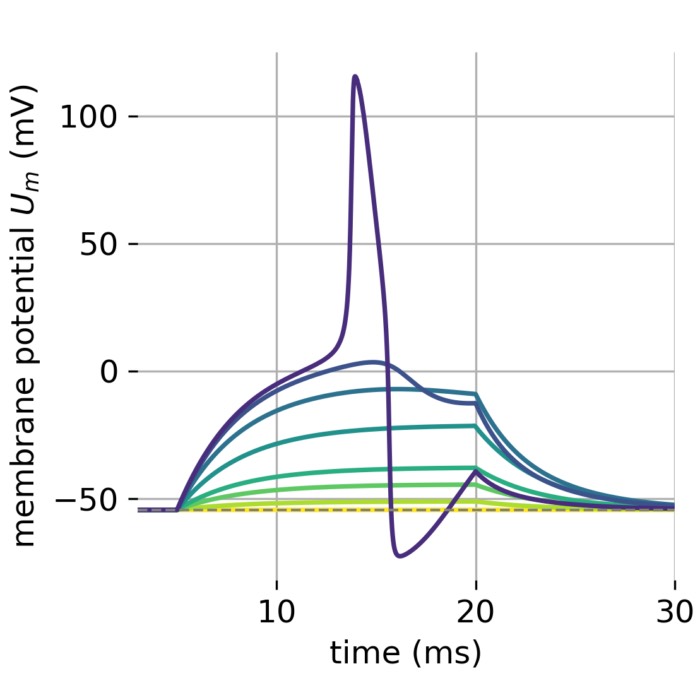
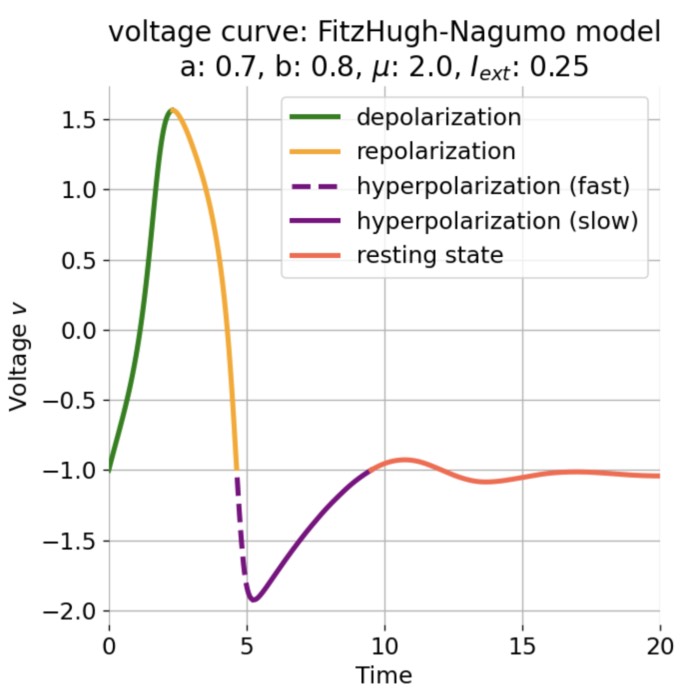
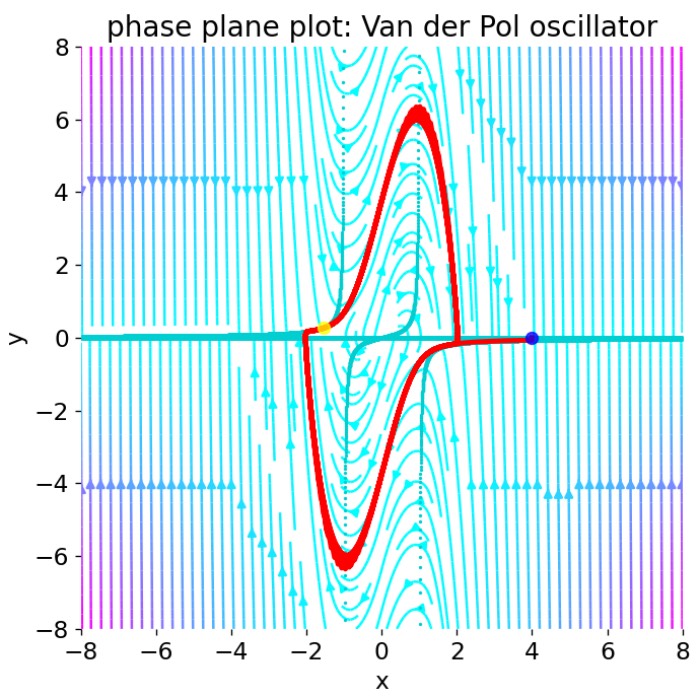
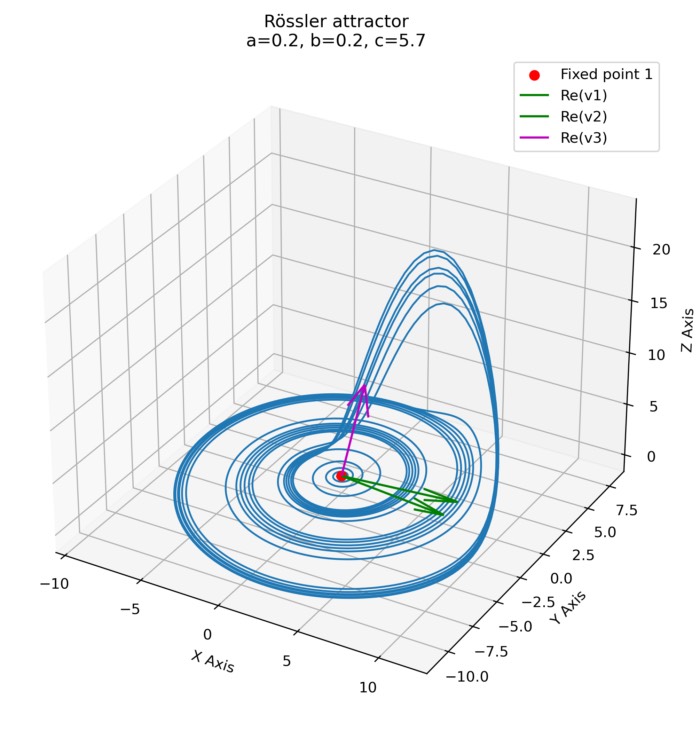
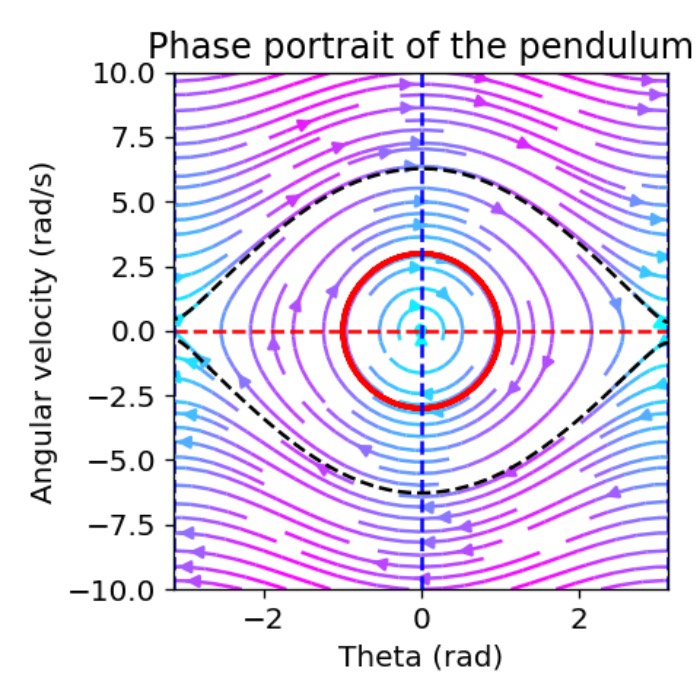
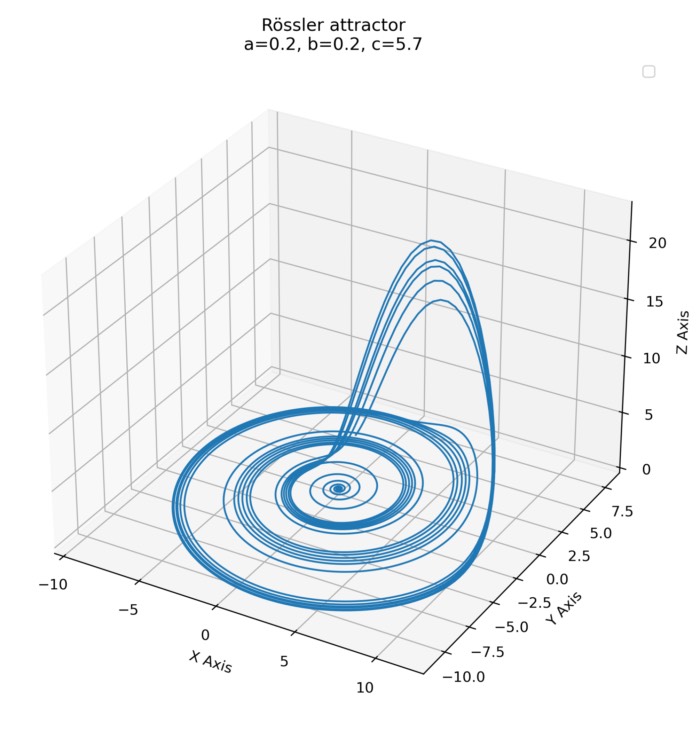
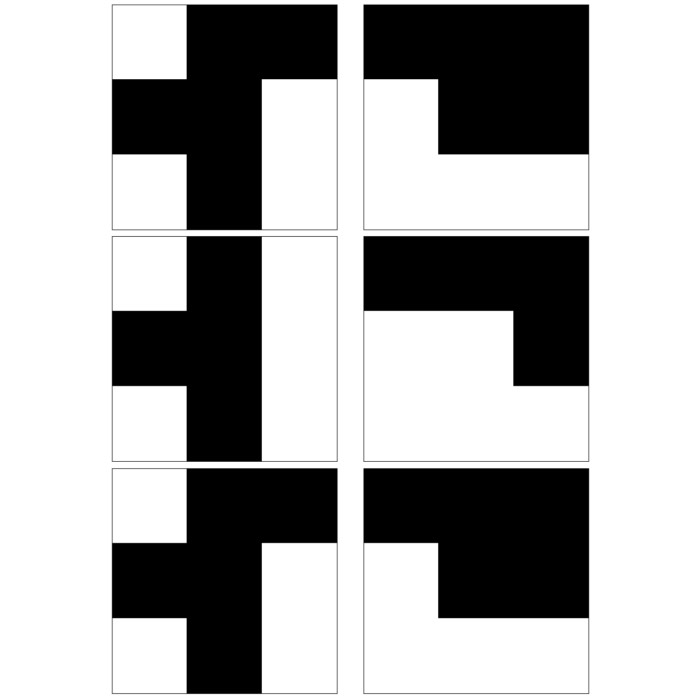
Comments
Comment on this post by publicly replying to this Mastodon post using a Mastodon or other ActivityPub/Fediverse account.
Comments on this website are based on a Mastodon-powered comment system. Learn more about it here.
There are no known comments, yet. Be the first to write a reply.